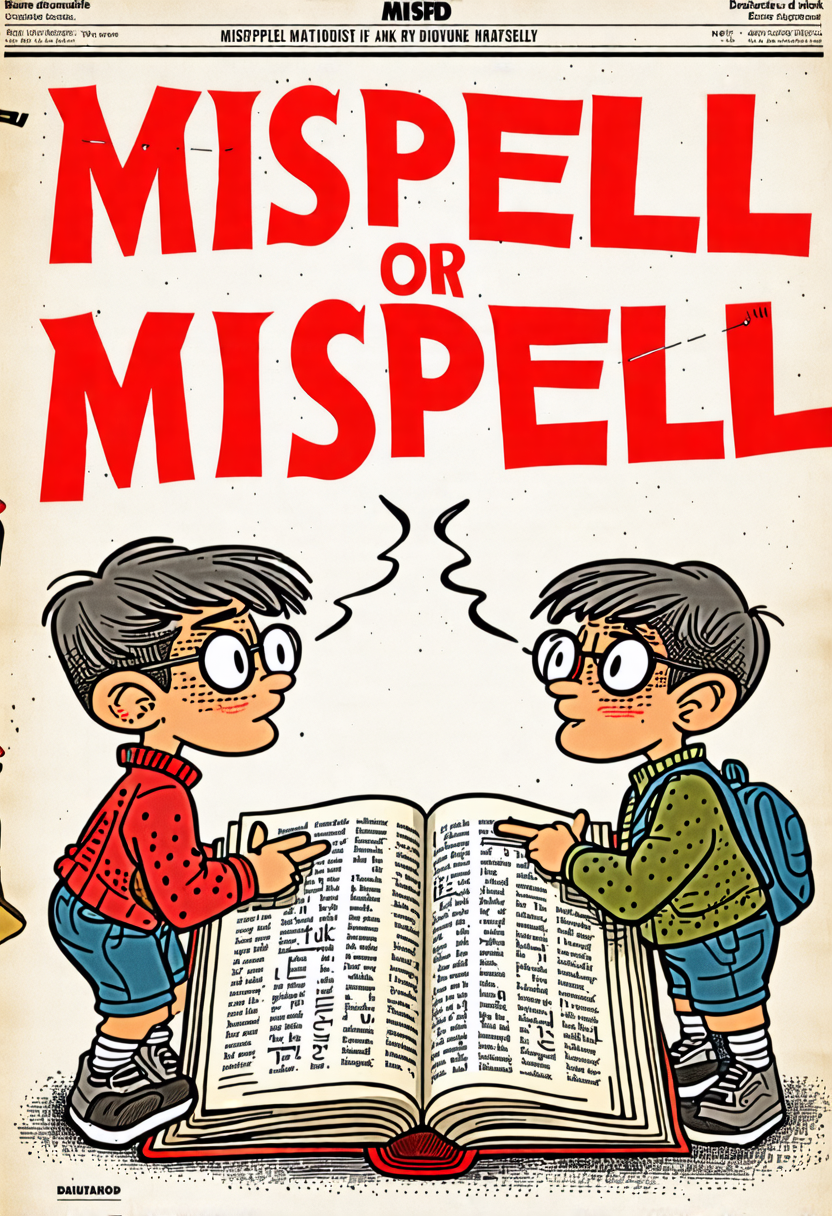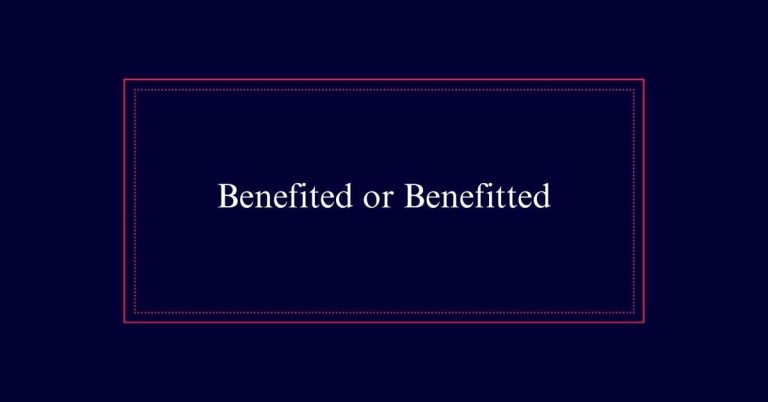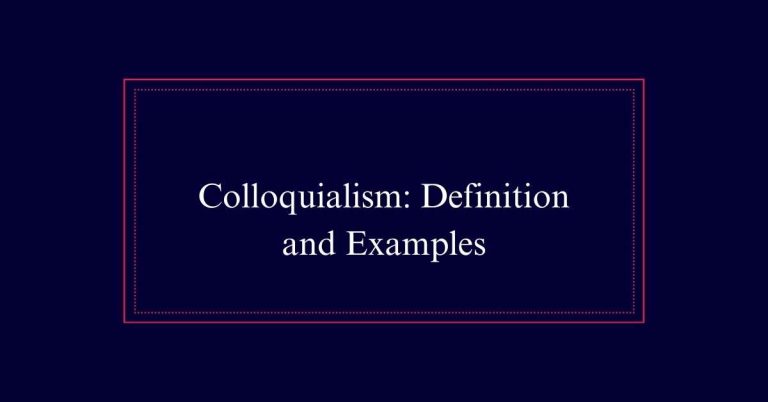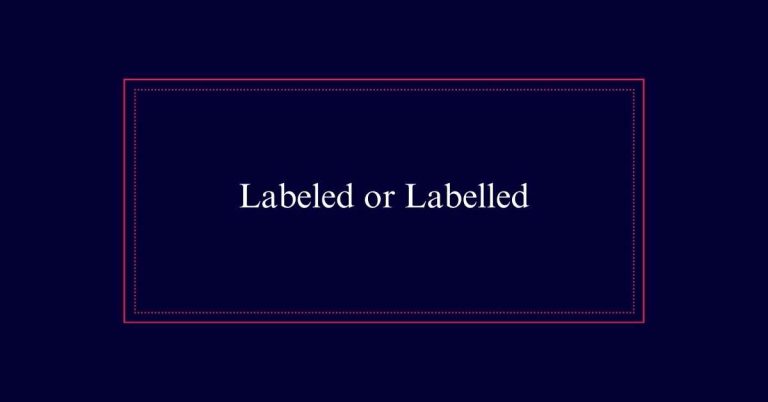Misspell or Mispell?
The correct spelling is ‘misspell,’ with a double ‘s.’ The term comes from the prefix ‘mis-‘, meaning incorrect, combined with ‘spell.’ Misspell refers to writing a word with the wrong sequence of letters. Common errors occur due to lack of attention to detail. Examples of commonly misspelled words include ‘accommodate’ and ‘separate.
Definition of Misspell
The term ‘misspell’ refers to the action of spelling a word incorrectly. This common error occurs when an individual writes a word using an incorrect sequence of letters.
The correct spelling of the term is ‘misspell,’ which includes a double ‘s’ in the middle. Derivative forms, such as ‘misspelling’ and ‘misspells,’ also retain the double ‘s’.
These errors can happen for various reasons, including unfamiliarity with the word, oversight of silent letters, or confusion between similar-looking words.
Meaning of ‘Mis-‘ Prefix
Rooted in the idea of error or wrongness, the prefix ‘mis-‘ conveys a sense of mistaken action or incorrectness. This prefix originates from Old English and is used to form many English words, signaling a deviation from what is correct or proper.
For example, ‘misunderstand’ means to understand something incorrectly. Similarly, ‘mislead’ means to lead someone in the wrong direction. The prefix ‘mis-‘ is therefore a critical component in the English language, indicating that an action has been performed improperly or mistakenly.
Correct Spelling: Misspell
To remember that the correct spelling of the word ‘misspell’ is essential for accurate writing.
The word ‘misspell’ comes from the prefix ‘mis-‘ meaning wrong or mistaken and the root word ‘spell.’ As a result, it means to spell a word incorrectly. The correct spelling is ‘misspell,’ with two ‘s’ letters.
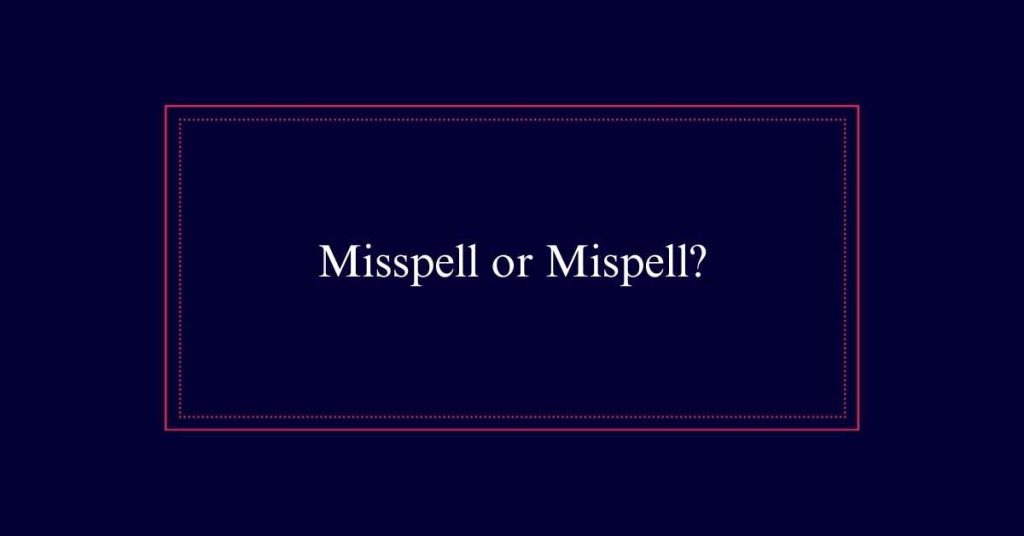
Often, people mistakenly write ‘mispell,’ omitting the second ‘s.’ This mistake can lead to confusion and reduce the professionalism of your writing.
Ensuring the correct spelling enhances clarity and credibility. Remember to always double-check spelling, particularly with commonly misspelled words.
Derivative Forms of Misspell
Derivative forms of ‘misspell’ include ‘misspelling’ and ‘misspells,’ both of which retain the double ‘s’ to maintain accuracy.
‘Misspelling’ is the noun or present participle form, used to refer to the act of spelling something incorrectly. It is essential in discussions about errors in writing.
Misspells’ is the third-person singular form of the verb, indicating that someone else is currently making a spelling error. Both derivations are important in written communication to avoid misunderstanding.
Examples of Misspell
Understanding the correct derivations of ‘misspell’ is essential, as illustrated by various examples where individuals misspell common words. In competitive settings, participants often falter on words with silent letters.
For instance, the word ‘accommodate’ is frequently misspelled as ‘acommodate’ due to its double ‘c’ and ‘m’. Another common error is ‘definitely,’ often misspelled as ‘definately’ due to phonetic confusion. Even simple words like ‘separate’ are misspelled as ‘seperate.’ These mistakes underscore the importance of attention to detail in spelling.
Authors Benedict Carey and John Connolly have noted that even familiar words can be challenging, highlighting the need for careful study and practice. Such examples illustrate the importance of mastering correct spelling conventions.
Misspelled Vs. Misspelt
The difference between ‘misspelled’ and ‘misspelt’ hinges on regional variations in English usage. ‘Misspelled’ is more common in American English, whereas ‘misspelt’ is often seen in British English. Both forms are correct, but usage depends on the region.
| Region | Preferred Form |
|---|---|
| United States | Misspelled |
| United Kingdom | Misspelt |
| Canada | Misspelled |
| Australia | Misspelt |
| International | Both |
This difference also applies to the verb ‘spell,’ with ‘spelled’ and ‘spelt’ being the American and British variants, respectively.
British Vs. American English
While British and American English share many similarities, they also exhibit notable differences in spelling, vocabulary, and usage. These differences can sometimes pose a challenge or create confusion, especially in written communication.
For example, Americans use ‘color,’ while the British use ‘colour.’ Similarly, ‘theater’ in American English becomes ‘theatre’ in British English. These variations extend to words like ‘misspell,’ where the past tense can be ‘misspelled’ in American English and ‘misspelt’ in British English.
- Frustration: Dealing with two versions of English can be challenging.
- Confusion: Differing spellings may lead to misunderstandings.
- Curiosity: Discovering why these differences exist can be fascinating.
- Connection: Understanding both forms can enhance global communication.
Correct Usage of Misspell
How can you guarantee the correct usage of ‘misspell’ in your writing?
First, remember that ‘misspell’ contains two ‘s’ letters. This is a common mistake, so always double-check your spelling.
Familiarize yourself with derivative forms such as ‘misspelling’ and ‘misspells’ to maintain consistency.
Common Spelling Mistakes
In addition to ‘misspell,’ many other words commonly trip up writers due to similar spelling pitfalls. These errors often occur because of silent letters, double consonants, or confusing phonetic patterns.
Recognizing these common mistakes can help improve overall writing clarity and professionalism.
- Accommodate: Often misspelled with single ‘c’ or ‘m.’
- Definitely: Commonly written as ‘definately.’
- Separate: Frequently misspelled as ‘seperate.’
- Embarrass: Many forget the double ‘r’ and double ‘s.’
